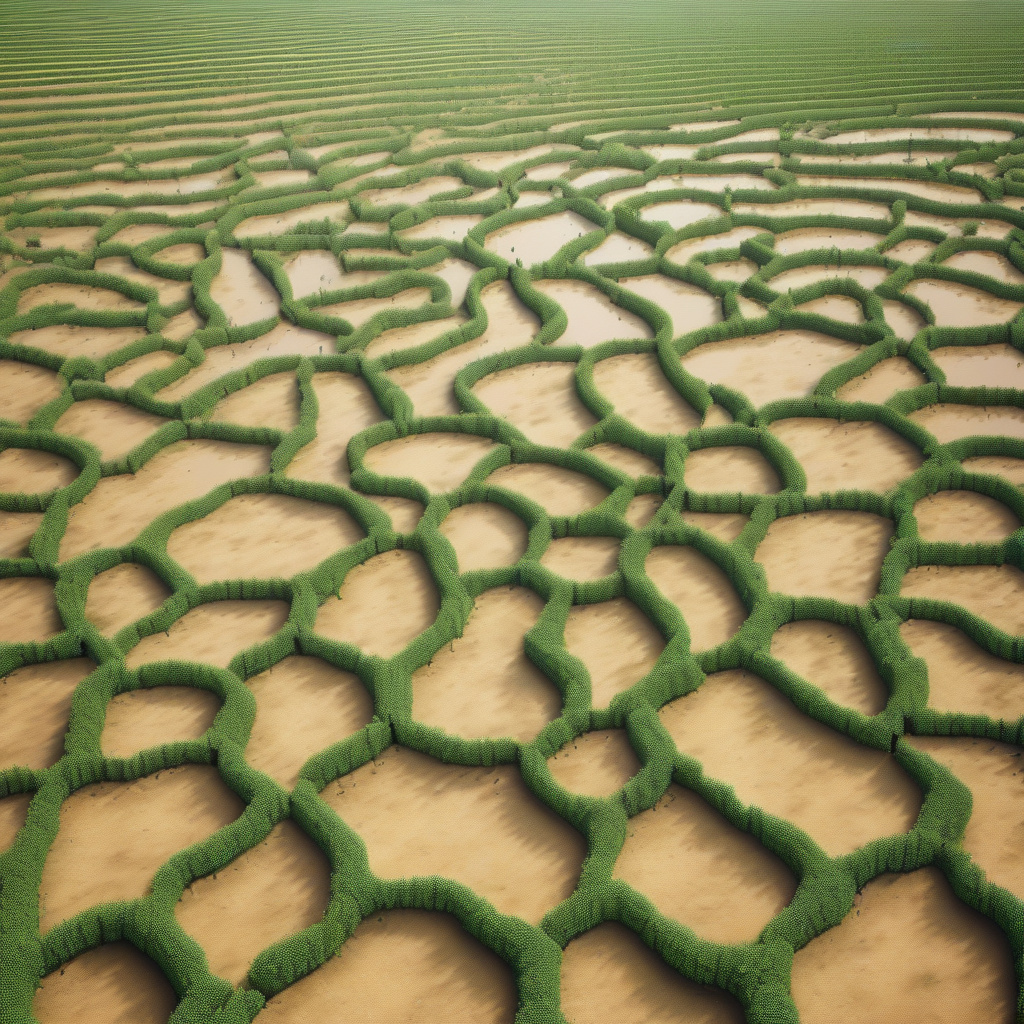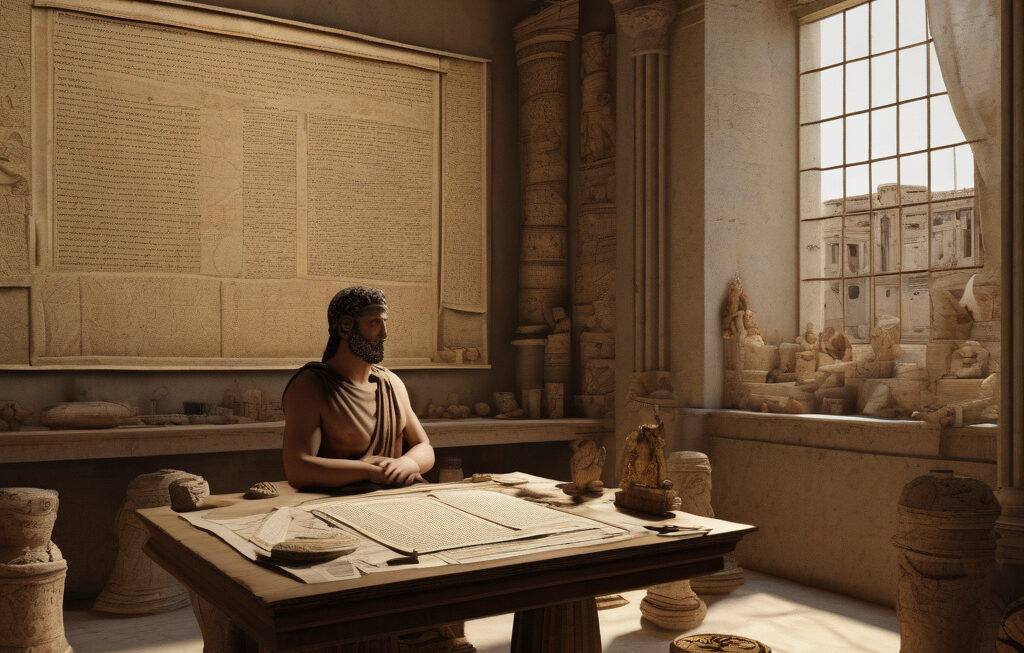The AI revolution: ending droughts, one algorithm at a time
In our latest episode of Lexicon, we sat down with Adetunji (Joseph) Ayoade, an award-winning data scientist and AI expert who is pioneering the use of artificial intelligence to combat droughts in vulnerable regions around the world. Ayoade’s groundbreaking work is not only transforming the way we approach water scarcity but also offering a glimmer of hope for communities struggling to survive in increasingly arid climates.
Through the power of machine learning and predictive analytics, Ayoade and his team have developed sophisticated algorithms that can accurately forecast drought patterns with unprecedented accuracy. By analyzing vast amounts of data, including satellite imagery, weather patterns, and soil conditions, these algorithms can predict where droughts are likely to occur months in advance, giving local governments and aid organizations the time they need to prepare and respond effectively.
One of the key advantages of using AI in drought response is its ability to quickly adapt to changing conditions. Traditional drought prediction methods are often slow and cumbersome, relying on manual data collection and analysis that can take weeks or even months to yield results. In contrast, AI algorithms can process enormous datasets in a matter of hours, providing real-time insights that are crucial for timely decision-making.
Ayoade’s work has already had a significant impact in regions prone to recurrent droughts. In a recent pilot project in East Africa, his team’s AI algorithms accurately predicted a severe drought months before it occurred, allowing local authorities to mobilize resources, distribute food aid, and implement water conservation measures well in advance. As a result, the impact of the drought was significantly mitigated, and many lives were saved.
But the benefits of AI in drought response extend beyond just early warning systems. Ayoade is also exploring how machine learning can be used to optimize irrigation practices, maximize crop yields, and promote sustainable water management in drought-affected areas. By harnessing the power of AI to improve agricultural efficiency, he hopes to build resilience in vulnerable communities and reduce their dependence on erratic rainfall patterns.
Of course, the use of AI in drought response is not without its challenges. Data privacy concerns, algorithm bias, and the ethical implications of AI decision-making are all valid issues that must be addressed. Ayoade emphasizes the importance of transparency, accountability, and community engagement in the development and deployment of AI technologies to ensure that they benefit those most in need.
As we look to the future, the potential for AI to revolutionize drought response and water management is immense. By combining cutting-edge technology with a deep understanding of local contexts and needs, innovators like Adetunji Ayoade are paving the way for a more resilient and sustainable future for all. The AI revolution is here, and it’s bringing hope to drought-stricken regions one algorithm at a time.
#AIrevolution, #droughtresponse, #machinelearning, #sustainablefuture, #communityengagement












